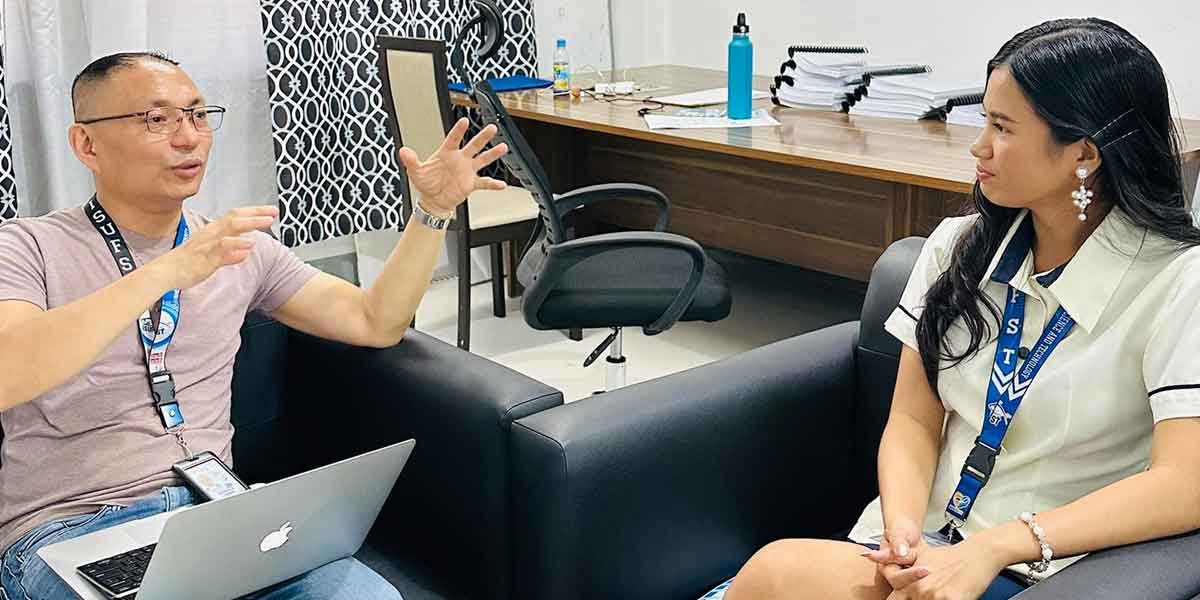By Joshua Corcuera
In this fast-paced world, especially those living in the cities where technology thrives, our memories are focused on what is happening at present. As a result, we tend to forget what happened in the past, whether it was a household chore a few days ago or a historic event several decades back.
The struggle of memory against forgetting is evident in the 21st century. After all, people are hooked up with their phones, and I have to admit that I use my phone and my laptop for several hours in a single day. Personally, my usage of these digital devices sometimes causes me to forget basic tasks which I need to do. On other occasions, I have scheduled meetings which I may forget to attend for the same reason which is why I sometimes need an alarm to remind myself. The impact of using phones and computers may not be good, especially if usage of such devices is excessive.
Lehmann (2018) said that “smartphones also hamper our ability to recall things by overwhelming our mind with distractions.” Susan Lehmann is the clinical director of geriatric psychiatry and neuropsychiatry at the Johns Hopkins University School of Medicine. Moreover, the reliance of people on technology causes our brains to be lazy according to a 2016 study. That study found that those who use Google to search for answers to difficult questions also tend to use Google for simpler questions. To make matters even worse, Philippine social media is infiltrated with numerous posts that spread false information in several subjects, from science to history, from politics to entertainment. Ultimately, technology does not only make us forgetful, it also has the potential to teach wrong information which would have negative real-life consequences.
But despite the potential adverse impact of technology on us, it can also be used for good. By using devices in moderation and with responsible control, we can avoid forgetting the things that matter in the real world. More importantly, we must never forget that phones and laptops can serve as a means to acquire new knowledge as information can be accessed much easier online. Of course, it is likewise important to be cautious of the sources being read on the internet as some information may be false, whether partially or as a whole, as mentioned earlier.
Interestingly, an August 2022 study by researchers from the University College London found that the use of digital devices, specifically a touchscreen tablet, could help improve memory, which is a stark contrast against previous concerns by numerous neuroscientists. However, the same study noted that future research must be carried out specifically on smartphones to be certain of their effect on human memory. Furthermore, the idea that technology is linked to forgetfulness remains plausible and, thus, widely accepted.
Nevertheless, with the pervasive use of technology being the norm at present and in the future, it is imperative for people to remain responsible in using devices, to control themselves from excessive use, and to use technology for good, specifically by learning new things and by remembering and reinforcing lessons which we should not forget.




















